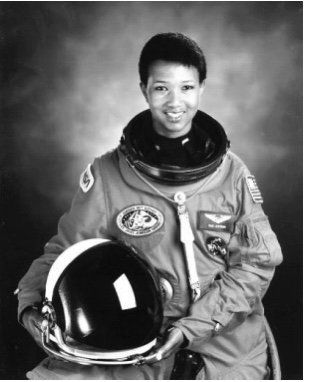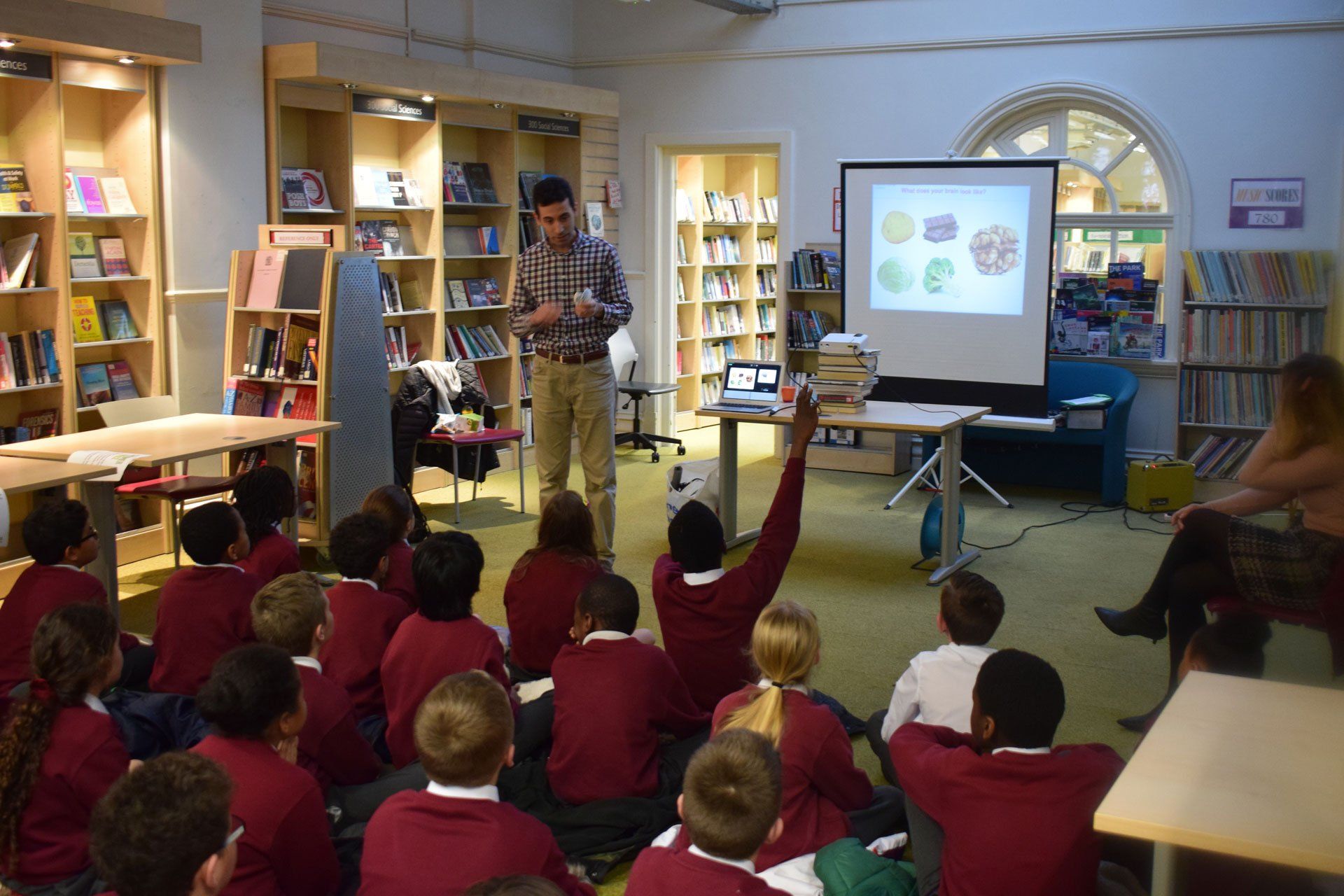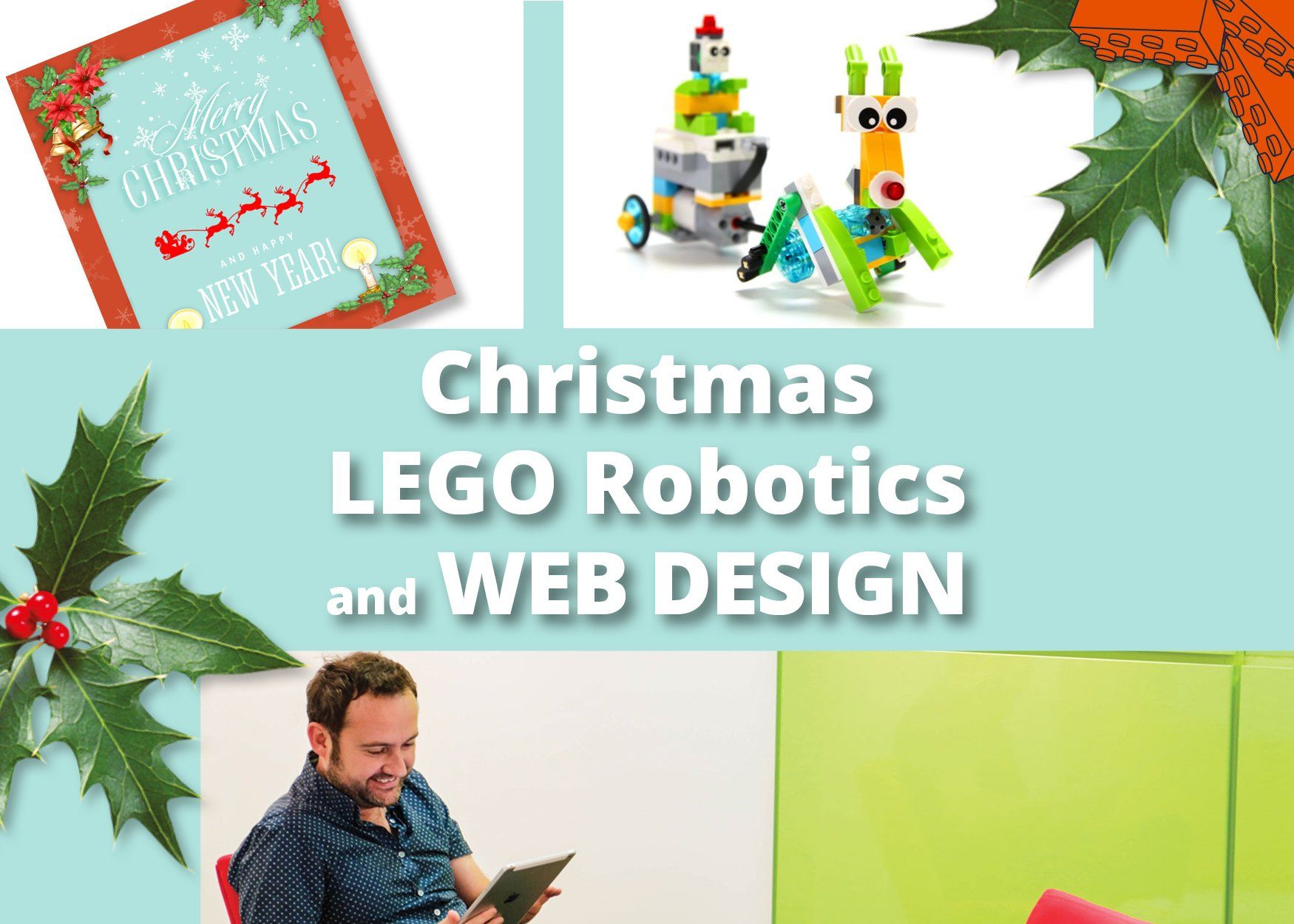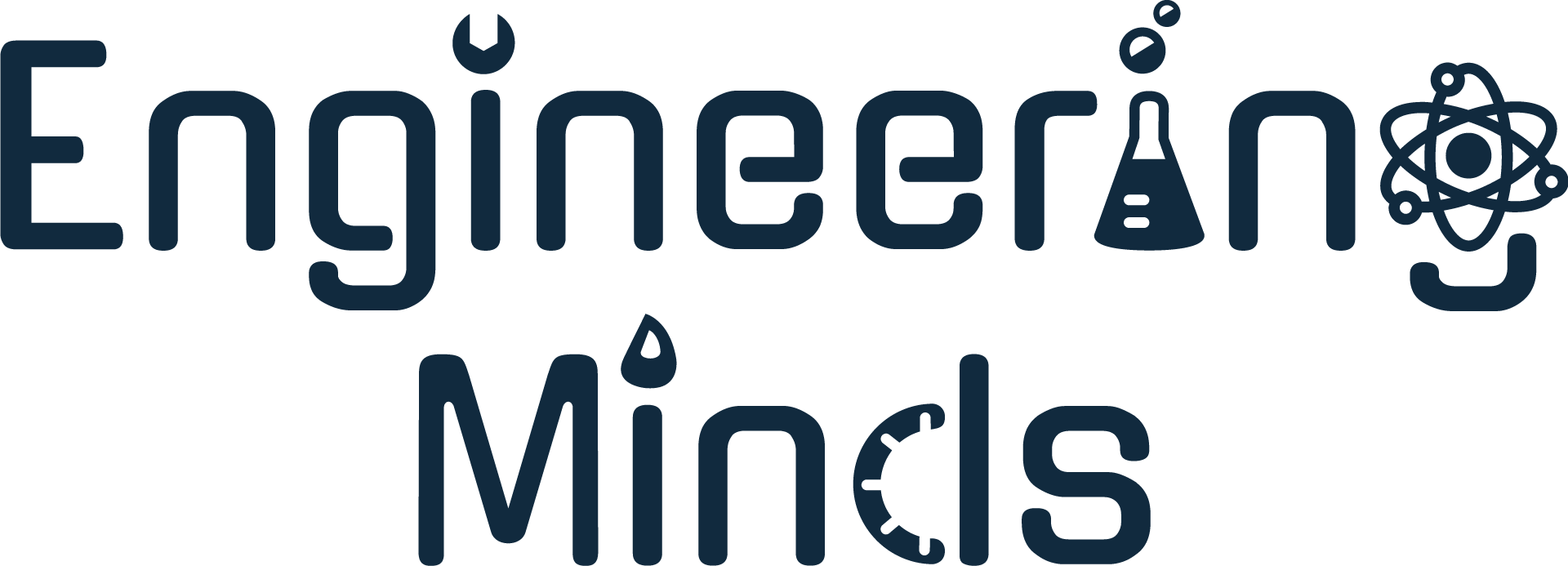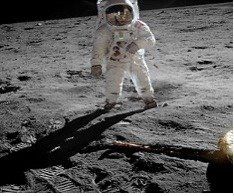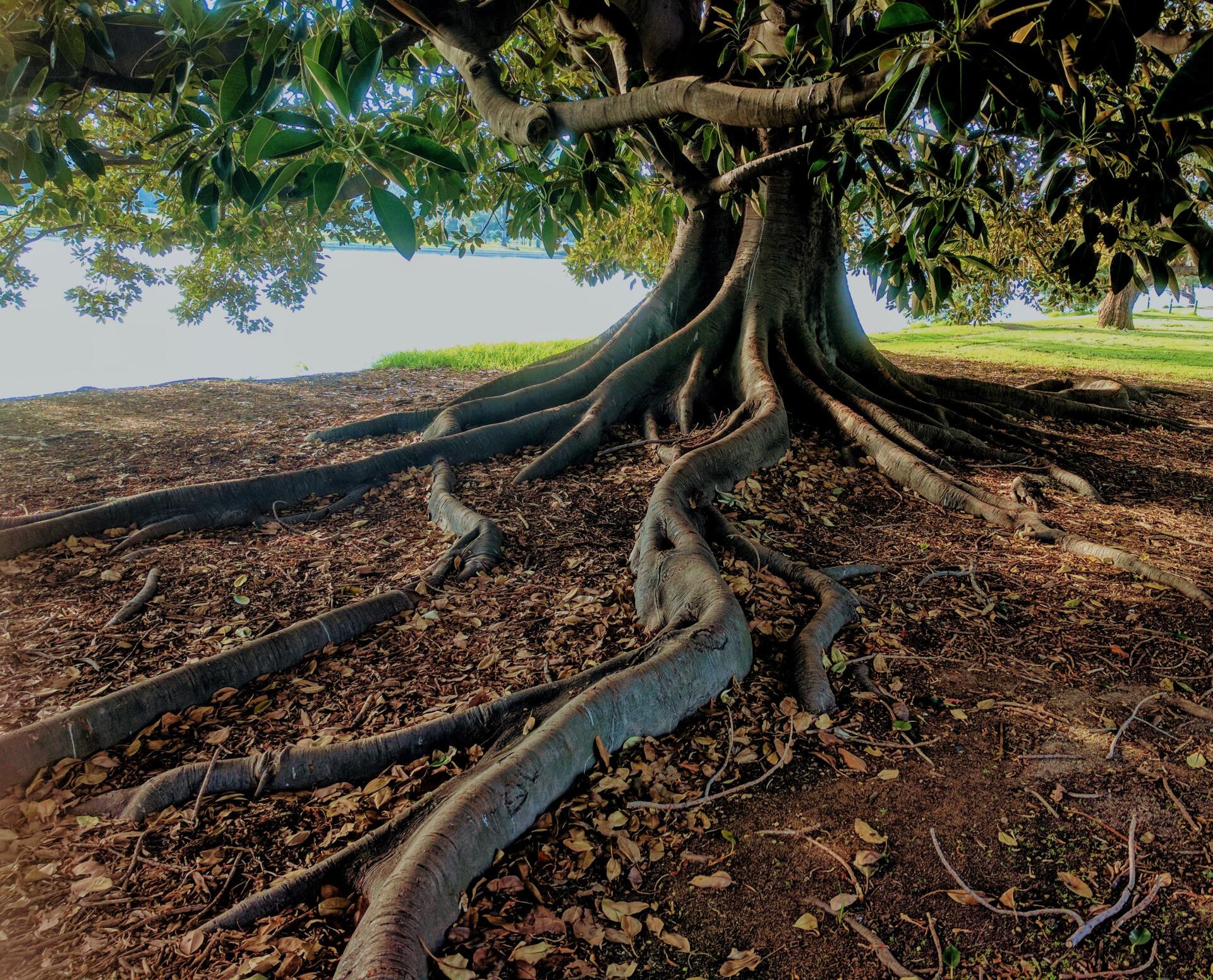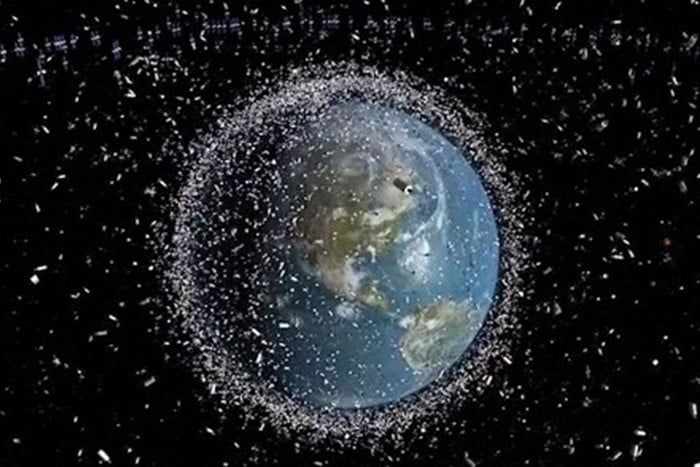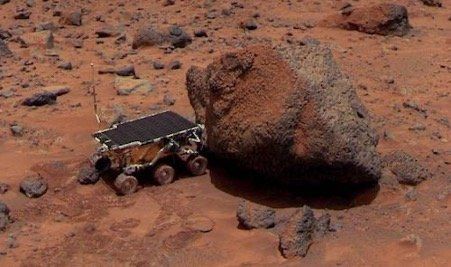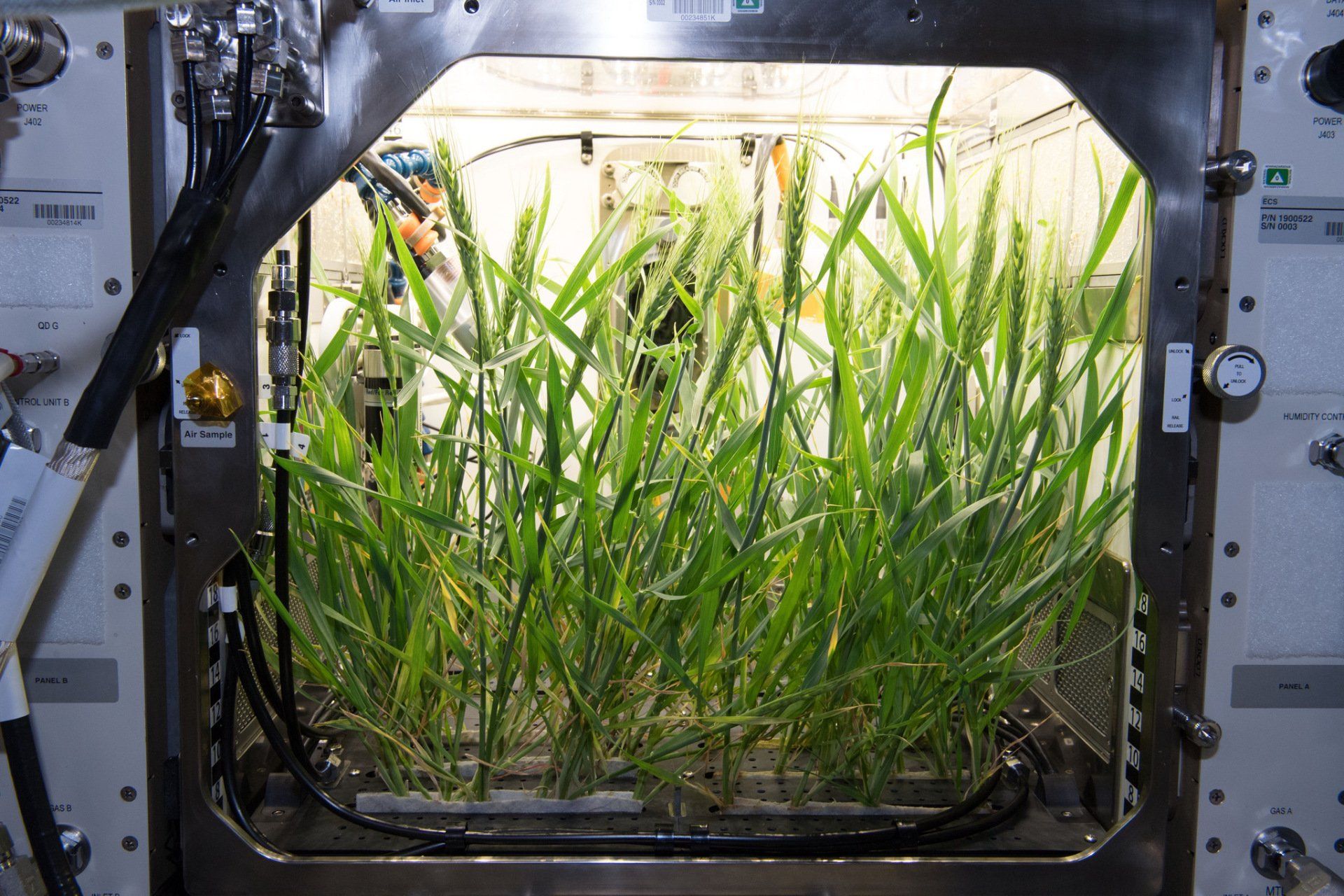Oceans!
On Earth, there is one global ocean which is split now into 5 different oceans. These are the Artic, Atlantic, Indian, Pacific, and Southern oceans, with the latter being newly named.
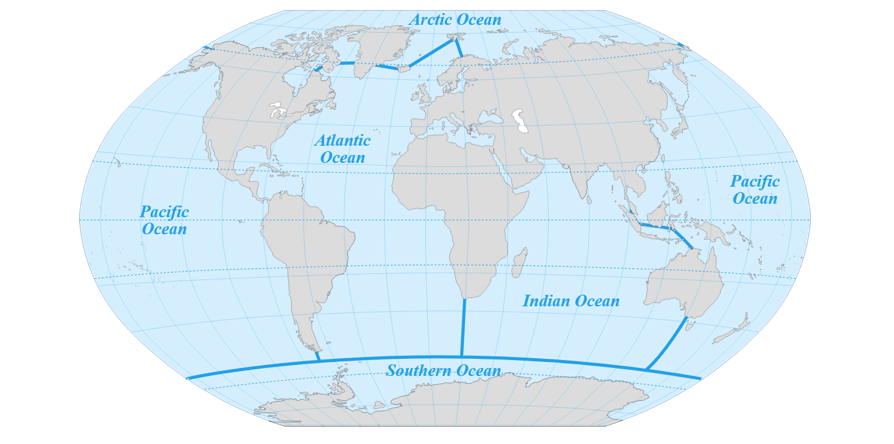
Did you know that seas are different to oceans? Seas are the body of water that is found between the ocean and land.
The Pacific Ocean is the largest and has the most biodiverse waters. It also contains about 25,000 islands. Oceans will vary in temperature, salinity, and density.
Did you also know that 97% of the Earth’s water is found in our oceans? The oceans also cover more than 70% of our planet’s surface.
As an engineer, naturally our curiosity wants to know what’s lurking under the oceans. But it is a challenging task to accomplish. To this day more than 80% of the oceans remain unexplored.

Physics makes it difficult for us to explore the unknown. The zero visibility, extremely cold temperatures and most importantly, the enormous amounts of pressure are all challenges that must be overcome by vessels. The deeper you go into a body of water, the greater the amount of water above you which means there is more weight pushing onto you. Therefore, submarines have been designed to withstand this pressure to allow vessels to travel deeper into oceans.

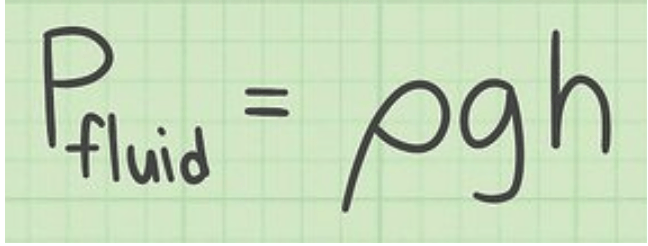
The equation above shows us that the fluid pressure (P fluid ) is equal to the depth of the fluid (h) multiplied by the density of the fluid ( ρ) and gravitational field strength of the planet (g).
The Pacific Ocean hosts the deepest known point of the global ocean called Challenger Deep. There could be many species of sea animals and different minerals lurking at the deepest points of the ocean just waiting for us to discover. But right now, it is easier to send someone to space than the bottom of the ocean because of the crushing pressure.
